With the entry deadline just weeks away, Canopy looks at the competition’s key difference.
In a word, it’s impartiality. In two words, it’s unrivalled impartiality.
Each wine is assessed ‘100% blind’. That means by super-talented and experienced judges, not by regional experts who may recognise the wine and producer. It means each of the 500 or so judges will taste a wide variety of wines from all over the world during the 10-day competition. What they get to judge is totally random. They just have to assess the wine on its own merits, with no pricing or producer information provided. All they know is the grape(s), style, region, and vintage.
This ensures a fair and unbiased assessment and makes the awarding of medals fairer, contributing to IWC’s reputation for being the most rigorous and respected international wine competition.
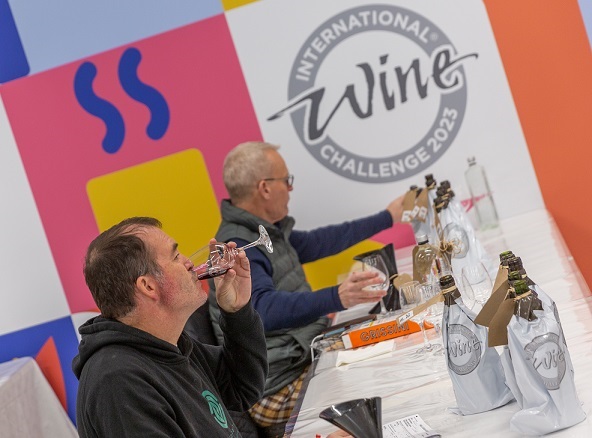
An IWC medal-winning wine is tasted by a minimum of 11 experienced judges before receiving its gold, silver or bronze medal. The judging team is led by these esteemed co-chairs: Tim Atkin MW (above, far), Oz Clarke, Dr Jamie Goode (above, near), Peter McCombie MW, Sam Caporn MW, and Helen McGinn. Here is a list of the judges last year.
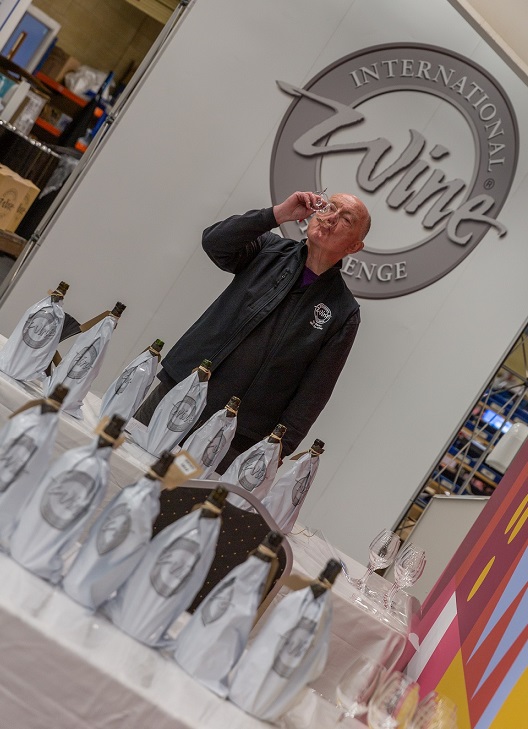
Oz Clarke (above) says: “Wineries should enter the IWC because they know they will be rigorously judged by highly skilled global judges and by the co-chairs who, between them, will cover every possible style of wine that the world has to offer.”
The whole judging process has been designed to ensure a fair and impartial evaluation of the entries. It comprises three stages to ensure every entry is given a fair crack at impressing the judges, who come from nearly 40 countries and work in panels of five. These panels are headed by distinguished panel chairs such as Madeleine Stenwreth MW, Winnie Bowman, Christy Canterbury MW, Brendan Heath, Ken Ohashi MW, Martin R Reyes MW, Joe Wadsack, Matthew Stubbs MW, Annette Scarfe MW, Clem Yates MW, Anne Burchett, Susan Hulme MW, Elizabeth Kelly MW, Richard Kershaw MW, and Cathy Van Zyl MW.
1. Round One
During Round One, wines are subject to an initial assessment. They are either marked as ‘out’, awarded a commended designation, or advanced to the next round as potential medal winners. All wines marked ‘out’ or ‘commended’ are re-tasted by the IWC co-chairs to confirm the mark or to put them through to Round Two for further evaluation.
2. Round Two
Round Two involves a more detailed assessment. This is where wines are awarded gold, silver or bronze medals (or out or commended). Points are also assigned to the wines at this stage. The IWC co-chairs re-taste all the wines to ensure the accuracy and consistency of the results.
3. Trophy Tasting
Exceptional wines that receive gold medals progress to the trophy judging stage. Here, regional, national and varietal trophies are awarded. All trophy-winning wines undergo a final evaluation by the IWC co-chairs to select the Champion Wines.
As well as setting the standard for impartial judging, the IWC’s impeccable reputation – gained over four decades of running this renowned event – authenticates the hard work of the medal-winning producers and promotes them on the world stage. It’s been proven that winning awards at the IWC can significantly boost sales, enhance brand visibility, and open doors to new markets.
New feature
A new feature this year which also adds value to entries to the IWC is that every wine tasted will get feedback. It makes the challenge a great way to benchmark your wines.Enter now
The IWC offers a great value entry fee with no hidden costs. The company believes in transparency and accessibility, ensuring that winemakers of all sizes and backgrounds can participate and showcase their wines internationally.Timeline for IWC 2024
Consolidated shipping deadlines: Available herePrivate courier shipping deadline: March 15, 2024
Private courier shipping deadline (within UK): March 25, 2024
Judging – Medals: April 15-25, 2024
Judging – Trophy: April 28-29, 2024
Medal results: May 16, 2024
Trophy results: May 21, 2024
IWC Awards announcement: July 9, 2024
Entry fee
Online entry per wine (no hidden fees): £153 + VAT*Discovery Tasting per wine (additional to entry fee): £79 + VAT*
Consolidated shipping per entry: £63.50 + VAT*
*UK only. European companies with a valid VAT registration number do not have to pay UK VAT. Countries outside the EU do not pay UK VAT.

 English
English French
French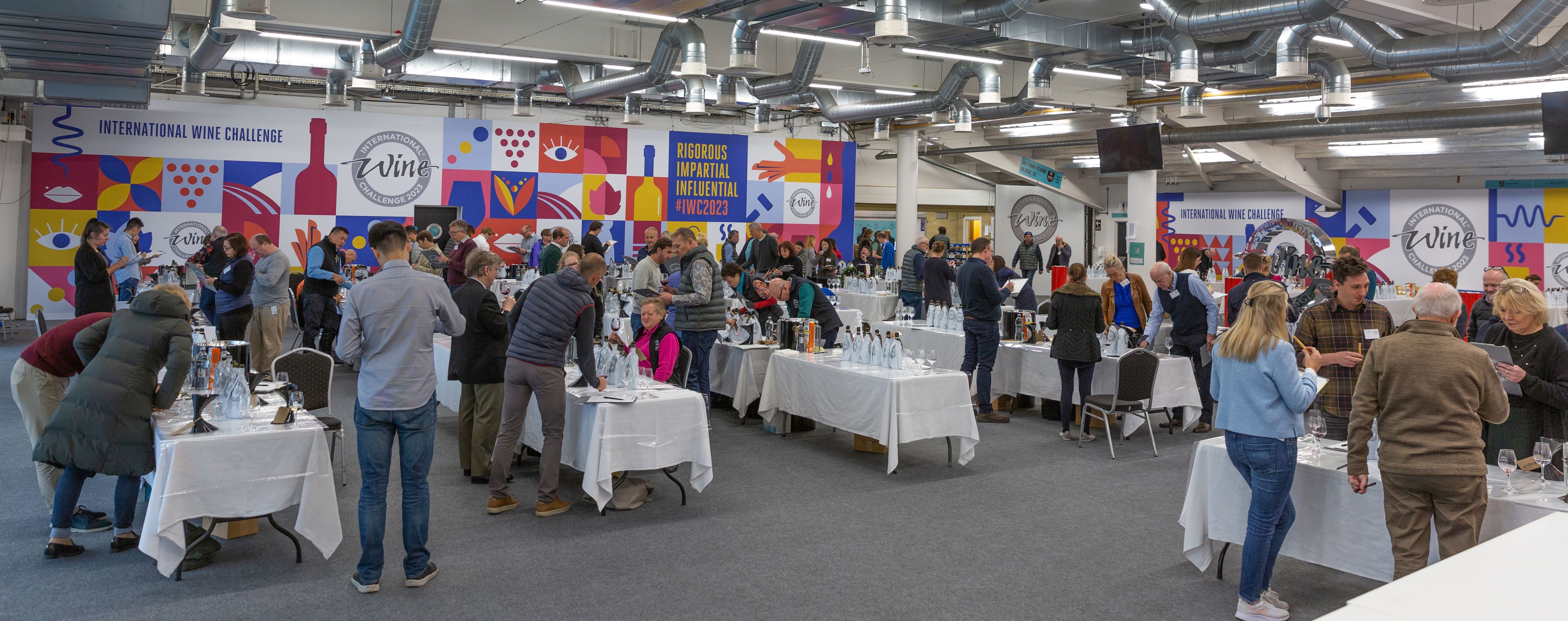


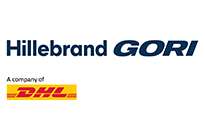

.png)
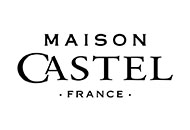



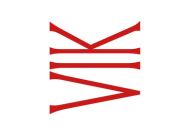

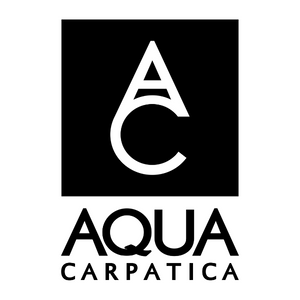
.png)
